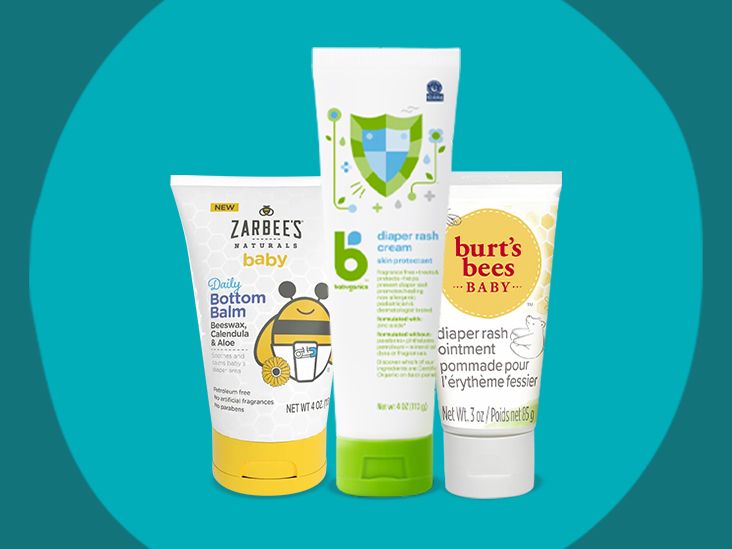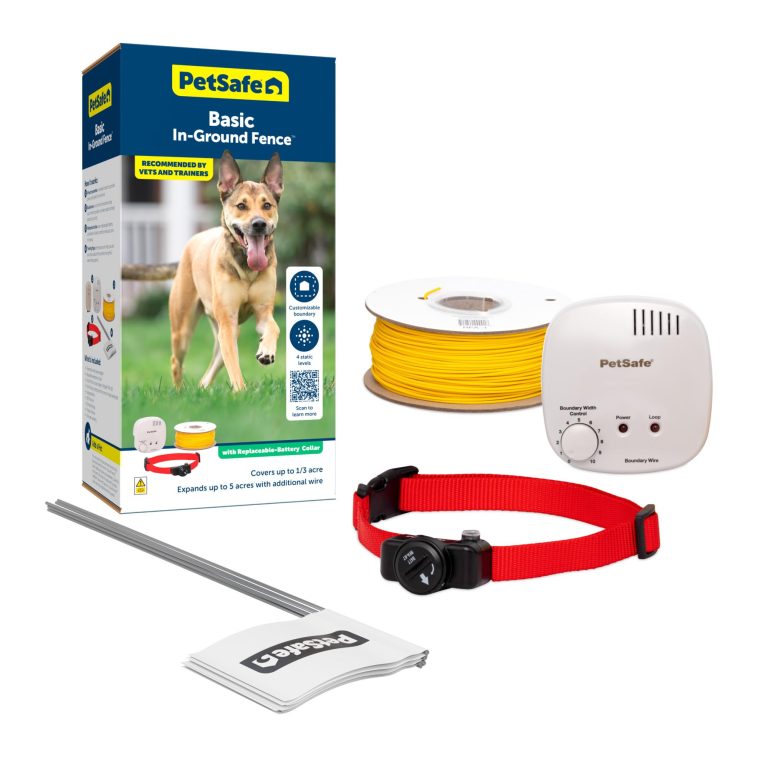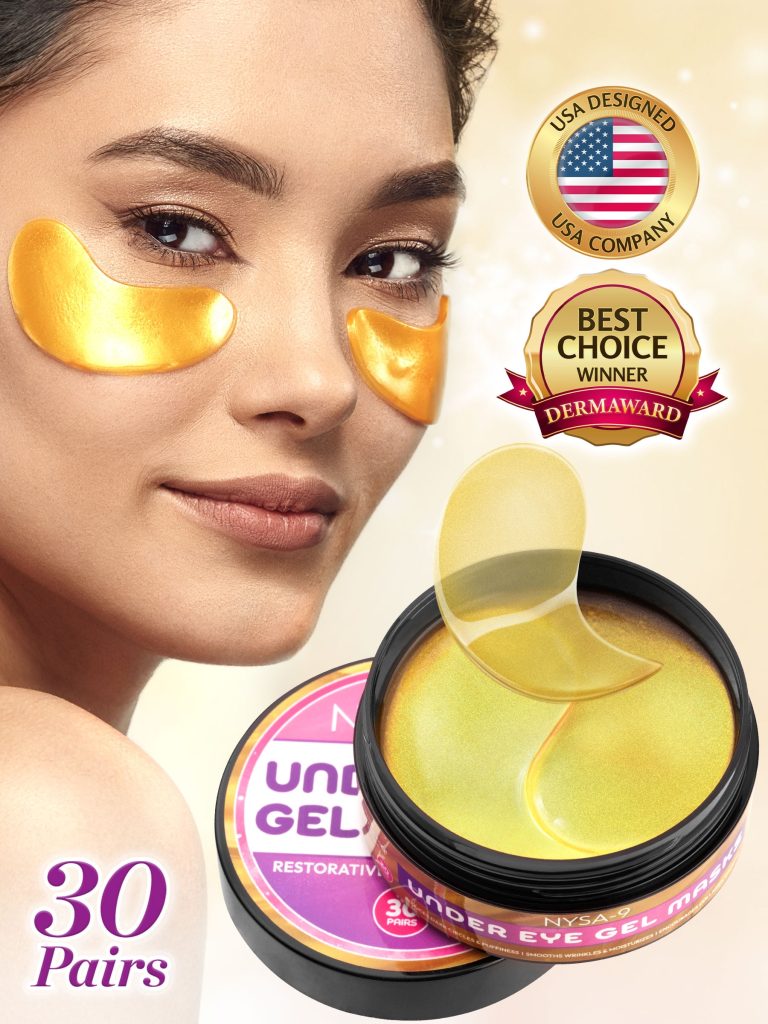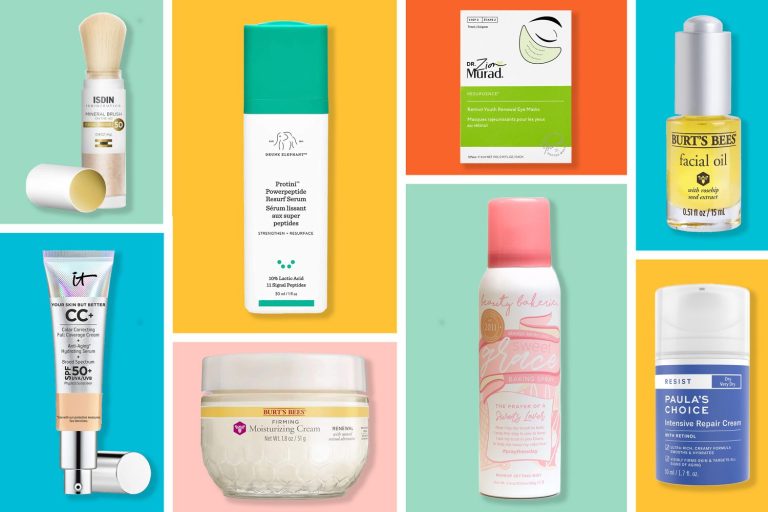9 Best Antifungal Creams for Private Areas: Safe, Effective, and Easy to Use
Dealing with fungal infections in sensitive areas can be both uncomfortable and embarrassing. Whether it’s itching, redness, or irritation, these symptoms can disrupt your daily life and affect your confidence. Fortunately, there are effective antifungal creams designed specifically for the private area that can help you get back to feeling your best.
In this article, you’ll discover the 9 best antifungal creams that target fungal infections in the private area. We’ll guide you through top-rated options, highlighting their key ingredients and benefits so you can make an informed choice. Say goodbye to discomfort and hello to relief with these trusted solutions.
The Criteria for Choosing the Best Antifungal Cream
When picking the best antifungal cream for private areas, several factors should guide your choice. These criteria will ensure you find a product that effectively addresses your needs.
Effectiveness Against Fungal Infections
Select a cream that’s proven to combat a wide range of fungal infections. Look for options specifically formulated to treat conditions like jock itch, yeast infections, and ringworm. Clinical studies and user reviews can provide insight into a product’s efficacy. Products containing terbinafine, clotrimazole, and miconazole are particularly effective at eliminating fungal infections and preventing recurrence.
Ingredients to Look For
Seek creams with active ingredients known for their antifungal properties. Clotrimazole, miconazole, and terbinafine are top choices. Also, check for soothing additives like aloe vera, tea tree oil, and zinc oxide, which can reduce irritation and promote healing. Avoid products with harsh chemicals or fragrances that could exacerbate symptoms.
Consideration of Skin Sensitivity
Choose a cream that is gentle on sensitive skin. Hypoallergenic and dermatologically tested products are less likely to cause adverse reactions. Opt for creams that are free from parabens, sulfates, and artificial dyes. Patch tests can help ensure you don’t develop adverse reactions. Look for creams labeled as suitable for sensitive skin or specifically formulated for private areas.
By focusing on these criteria, you can confidently select an antifungal cream that will provide relief and promote healing.
Top 9 Best Antifungal Creams for Private Area
Discovering the best antifungal cream for your private area can be transformative in addressing discomfort and promoting healing. Here are the top picks tailored for various specific needs.
Product 1: Best Overall Antifungal Cream
Monistat 7 delivers comprehensive relief with miconazole nitrate, efficiently targeting yeast infections. Its seven-day treatment ensures thorough eradication of the fungus, making it a trusted choice. You’ll appreciate the balanced formula that’s gentle on sensitive skin while being highly effective.
Product 2: Best for Sensitive Skin
Terrasil Antifungal Treatment Max offers a soothing solution with its natural ingredients. The blend of therapeutic plant extracts ensures it’s gentle on irritated skin, reducing itching and discomfort. Enhanced with silver oxide, it provides a potent antifungal effect without harsh chemicals.
Product 3: Best Budget-Friendly Option
Lotrimin AF, containing clotrimazole, provides an economical yet effective treatment. Known for its quick action against athlete’s foot and jock itch, this cream is a versatile and affordable option for fungal infections. You get reliable results without breaking the bank.
Product 4: Best for Fast Relief
Lamisil AT stands out with its active ingredient terbinafine hydrochloride, offering rapid symptom relief. In many cases, improvement is noticeable within days. You’ll find it particularly effective for relieving itching and burning sensations associated with fungal infections.
Product 5: Best Natural Formula
Puriya Wonder Balm uses essential oils like tea tree, eucalyptus, and lavender to combat fungal infections naturally. This formula not only addresses fungal growth but also nourishes the skin. Ideal for those preferring natural over chemical treatments, it leaves a pleasant scent.
Product 6: Best for Recurrent Infections
Zeasorb Super Absorbent Antifungal Treatment Powder excels in treating and preventing fungal infections, especially in recurring cases. It quickly absorbs excess moisture, creating an inhospitable environment for fungi. It’s an excellent choice if you experience frequent flare-ups.
Product 7: Best Extra-Strength Formula
Lotrimin Ultra, containing butenafine hydrochloride, provides an extra-strength solution to stubborn fungal infections. Its potent formula ensures deep penetration and effective relief. This is your go-to when other treatments haven’t delivered desired results.
Product 8: Best Cream for All Skin Types
Canesten Clotrimazole Antifungal Cream is versatile, working well on all skin types. Its proven efficacy against a broad range of fungal infections makes it a reliable choice. It balances effectiveness with skin sensitivity, making it widely suitable.
Product 9: Best User-Reviewed Product
FungiCure Intensive Anti-Fungal Treatment gets high marks from users for its ease of use and effectiveness. This solution penetrates deeply to eradicate fungi at their source. You can trust the positive testimonies reflecting its success in providing relief and promoting healing.
How to Apply Antifungal Creams Safely
Knowing how to apply antifungal creams properly ensures you get the maximum benefit and safely treat infections.
Preparing the Area for Application
Clean the affected area. Use mild soap and warm water to gently wash the infection site.
Pat dry. Dry the area thoroughly with a clean towel to avoid any moisture that can worsen the fungal growth.
Trim hair. If hair is present around the infected area, trim it to ensure the cream can reach the skin properly.
Application Techniques for Maximum Effectiveness
Follow instructions. Read the cream’s instructions for the correct dosage and frequency.
Use enough cream. Apply a thin layer, but make sure it covers the entire infected area.
Rub gently. Spread the cream until it absorbs completely to ensure deeper penetration.
Finish with hygiene. Wash your hands after application to prevent spreading the fungus to other areas.
Common Mistakes to Avoid When Using Antifungal Creams
Avoiding common mistakes can help you get the most from your antifungal cream treatment.
Overuse of Creams
Using too much cream can cause irritation. You might think applying more will speed up recovery, but it can actually worsen the infection. Always follow the recommended dosage on the packaging or as prescribed by your doctor.
Ignoring Instructions
Disregarding the application instructions can reduce effectiveness. Each antifungal cream comes with specific guidelines for use. Skipping doses or stopping treatment too early can lead to recurrence. Be sure to complete the full course, even if symptoms improve sooner.
Additional Tips for Preventing Fungal Infections
Proper hygiene and healthy lifestyle choices can help prevent fungal infections. Follow these tips to minimize the risk.
Hygiene Practices to Adopt
- Keep the Area Dry: Moisture promotes fungal growth. Always dry the private area thoroughly after a shower or swim.
- Wear Breathable Fabrics: Cotton underwear can help reduce moisture build-up. Avoid tight clothing that traps sweat.
- Use Antifungal Powders: Applying antifungal powders can prevent fungal spores from thriving. Look for talc-free options.
- Change Clothing Regularly: Don’t stay in sweaty clothes. Change undergarments daily, especially after working out.
- Maintain Cleanliness: Wash the private area with mild, fragrance-free soap. Avoid using harsh chemicals that can disrupt the skin’s natural balance.
- Stay Hydrated: Drinking plenty of water helps flush out toxins. Proper hydration maintains skin health and reduces susceptibility to infections.
- Eat a Balanced Diet: Nutrition significantly impacts your body’s ability to fend off infections. Include probiotics, vegetables, and lean proteins.
- Manage Stress: Chronic stress affects your immune system, making you more prone to infections. Practice relaxation techniques like meditation or yoga.
- Avoid Sharing Personal Items: Sharing towels or clothing can transmit fungal spores. Always use your own items to reduce risk.
- Exercise Regularly: Physical activity boosts immune function. Just remember to change out of sweaty clothes promptly to keep skin free from excess moisture.
Frequently Asked Questions
Antifungal creams can be highly effective when addressing infections in private areas. Here are some frequently asked questions to help you make informed decisions.
How Long Should I Use Antifungal Cream?
Use the cream as directed by your healthcare provider. Most treatments generally take from 1 to 4 weeks, depending on the severity. If the infection doesn’t improve within this timeframe, consult your doctor. Always ensure you complete the full course, even if symptoms disappear earlier, to prevent recurrence.
Can Antifungal Creams Cause Side Effects?
Antifungal creams can cause side effects, though they’re usually mild. Common side effects include redness, itching, or a burning sensation at the application site. If you experience severe reactions, like blisters or swelling, discontinue use immediately and seek medical advice. Always check the product’s ingredient list if you have known allergies to avoid adverse reactions.
Conclusion
Navigating the world of antifungal creams for private areas can be daunting, but with the right information, you can make an informed choice. Remember to prioritize hygiene and follow application instructions carefully to ensure effective treatment. Each of the recommended creams offers unique benefits tailored to different needs, so choose one that best suits your situation.
Avoid common pitfalls like overuse or incomplete treatment courses, and always consult a healthcare provider if you have concerns or experience side effects. With diligence and the right product, you can effectively manage and overcome fungal infections in sensitive areas.






